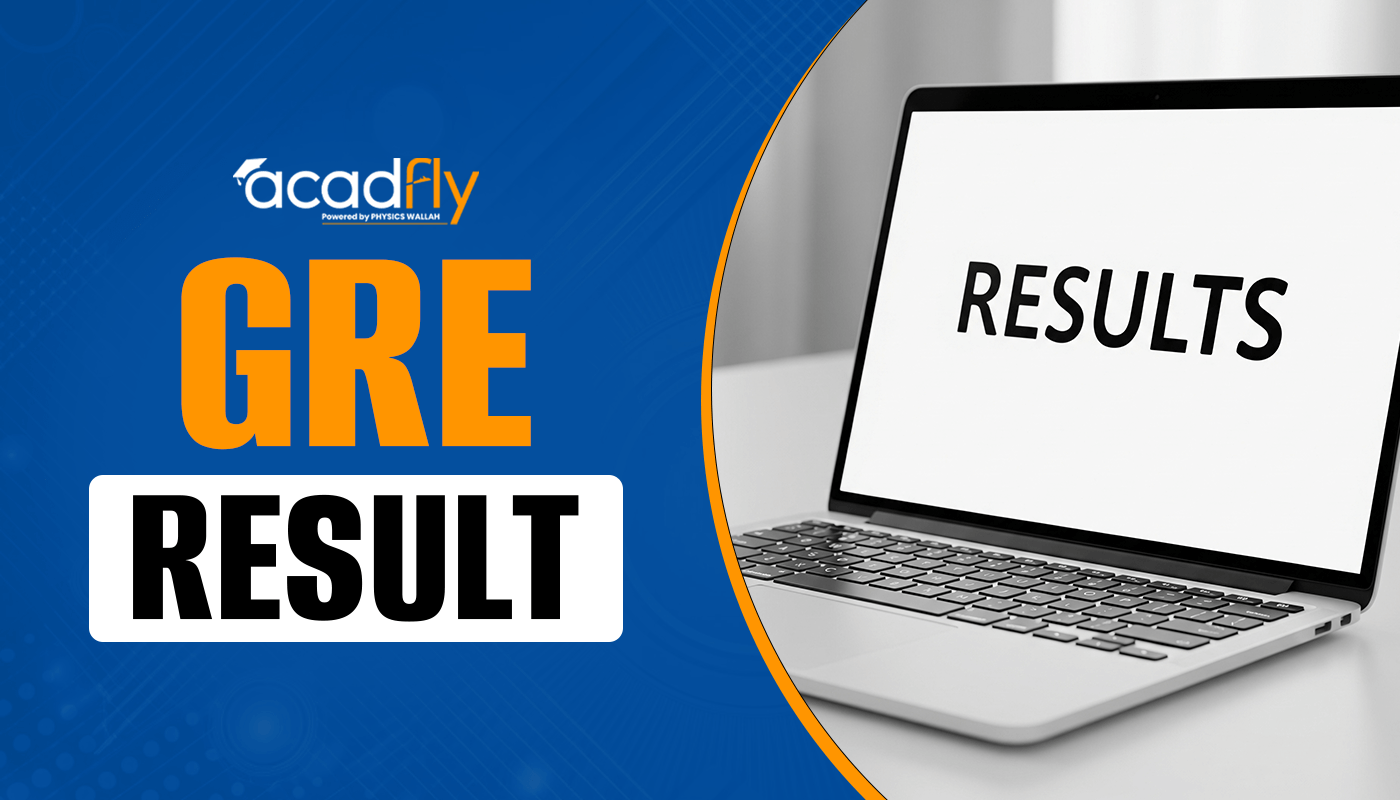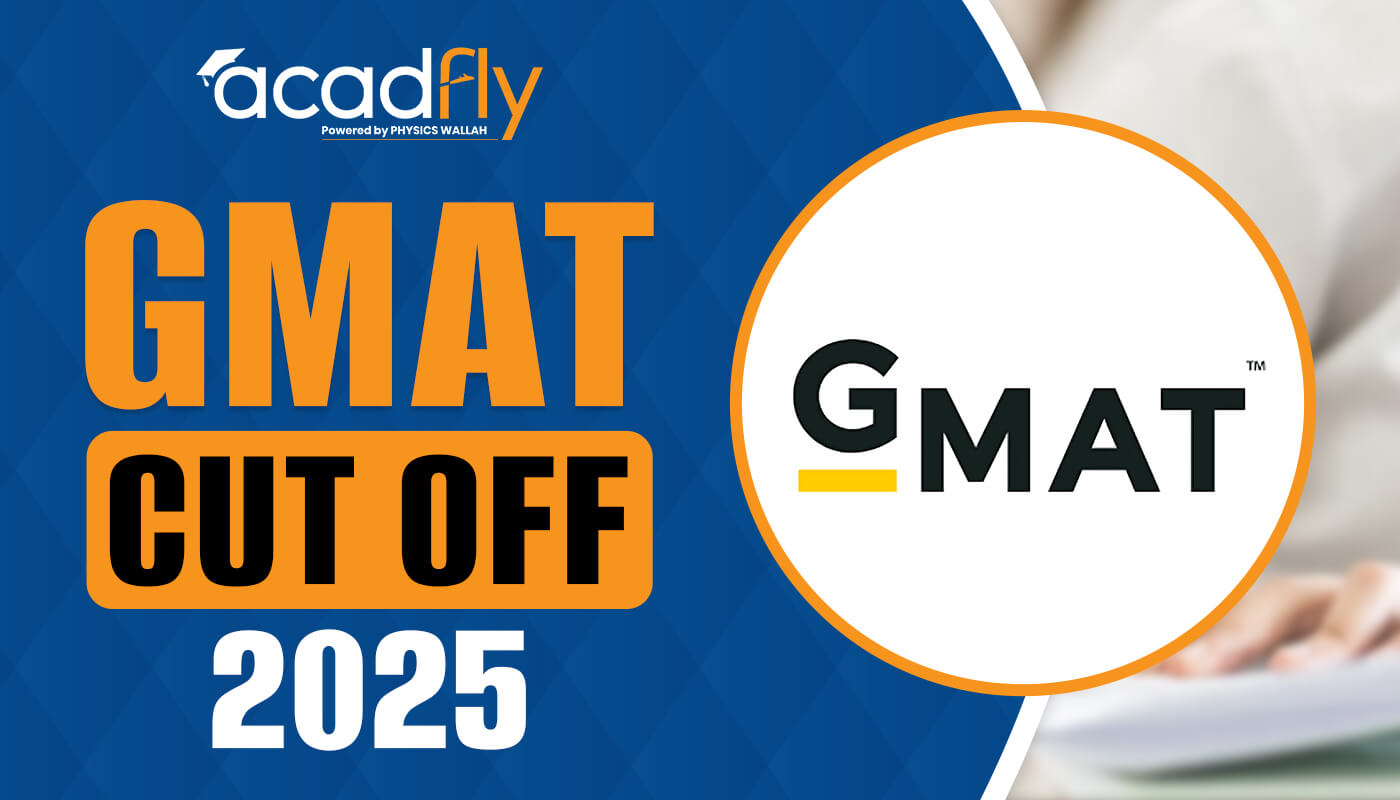
Ireland has emerged as a prominent destination for international students pursuing advanced degrees, particularly in law. The landscape of legal education in Ireland offers a plethora of opportunities for those looking to enhance their legal knowledge and career prospects. With a strong emphasis on critical thinking, practical skills, and an in-depth understanding of various legal frameworks, master's programs in law in Ireland are designed to equip students with the necessary tools to excel in their chosen fields. This article provides an exhaustive overview of law master's programs in Ireland, covering everything from program structures and top law schools to potential career paths and salary expectations for law graduates.
Overview of Law Master’s Programs in Ireland
Law master's programs in Ireland typically cater to both domestic and international students seeking to specialize in various fields of law. These programs often require a foundational understanding of law, making them ideal for graduates with a bachelor's degree in law or a related field. Students have the flexibility to choose from various specializations, including corporate law, international law, human rights law, and more.
The programs usually last one to two years, depending on whether a student enrolls full-time or part-time. The academic structure often includes a mix of coursework, research, and practical experiences, allowing students to engage with real-world legal issues. Furthermore, many institutions offer opportunities for internships or placements, providing invaluable experience in the legal sector.
Benefits of Pursuing a Master’s in Law in Ireland
Studying for a master’s in law in Ireland offers numerous benefits:
-
Quality Education: Ireland boasts several prestigious law schools recognized globally for their academic excellence and rigorous standards.
-
Diverse Specializations: Students can tailor their studies to suit their interests and career aspirations, with specializations available in various legal fields.
-
Cultural Experience: Living in Ireland provides an enriching cultural experience, with a rich history, vibrant communities, and a welcoming atmosphere for international students.
-
Networking Opportunities: Studying in Ireland allows students to connect with legal professionals, peers, and academics, building a valuable network for future career prospects.
Top Law Schools Ireland
When considering a master's in law, choosing the right institution is crucial. Below are some of the top law schools in Ireland renowned for their exceptional legal programs:
Trinity College Dublin
As one of Ireland’s oldest and most prestigious universities, Trinity College Dublin offers a Master of Laws (LL.M.) program that allows students to specialize in various areas of law, including corporate law, human rights law, and intellectual property law. The program is designed to encourage critical thinking and analytical skills, preparing graduates for various legal careers.
University College Dublin (UCD)
UCD's School of Law is another leading institution offering a range of law master's programs. Students can choose from LL.M. programs focusing on areas such as international business law, human rights, and environmental law. UCD emphasizes research and practical experience, providing students with a comprehensive understanding of contemporary legal challenges.
National University of Ireland Galway (NUIG)
NUIG offers a diverse array of master's programs in law, including an LL.M. in International and European Law. The university is known for its strong emphasis on research, and students benefit from a supportive academic environment that fosters innovation and critical engagement with legal issues.
University of Limerick (UL)
The University of Limerick provides an LL.M. in Commercial Law, focusing on various aspects of corporate law. UL is known for its strong connections with industry, offering students opportunities for internships and placements that enhance their practical experience.
Dublin City University (DCU)
Dublin City University’s School of Law and Government offers a variety of master's programs, including an LL.M. in Governance and Public Law. DCU is recognized for its innovative teaching methods and research-driven approach to legal education.
Types of Law Master’s Programs in Ireland
Law master's programs in Ireland come in various formats, catering to different needs and schedules of students. Here are some of the common types:
Full-Time Master’s Programs
Full-time master's programs typically last one year and require students to attend classes regularly. These programs are intensive and designed for students who can commit to their studies without significant outside obligations.
Part-Time Master’s Programs
Part-time programs are ideal for working professionals or those who wish to balance their studies with other commitments. These programs usually extend over two years, allowing students to complete their coursework at a manageable pace.
Online Master’s Programs
In recent years, many Irish universities have introduced online master's programs in law, allowing students to study remotely. This flexibility makes it easier for international students or those with other commitments to pursue their legal education.
Admission Requirements for Law Master’s Programs in Ireland
Admission requirements may vary by institution, but the following are generally required for master's programs in law:
Educational Background
Most law master's programs require applicants to hold a bachelor’s degree in law (LL.B.) or a related field. Some programs may also accept applicants with degrees in other disciplines, provided they can demonstrate a strong interest in law.
Language Proficiency
For non-native English speakers, universities typically require proof of English language proficiency through tests like the IELTS or TOEFL. Each institution has its minimum score requirements.
Application Documents
Applicants usually need to submit several documents, including:
-
Academic transcripts
-
A personal statement outlining their interest in the program
-
Letters of recommendation
-
A CV or resume detailing relevant work experience
Interviews
Some programs may require an interview as part of the admission process to assess applicants’ motivations and suitability for the program.
Curriculum Structure of Law Master’s Programs
The curriculum for law master’s programs in Ireland typically combines theoretical knowledge with practical application. Here’s an overview of what students can expect:
Core Modules
Most programs include core modules that cover essential legal principles and frameworks. These modules may include:
-
Legal Theory and Methodology
-
Constitutional Law
-
Contract Law
-
European Union Law
Elective Modules
In addition to core modules, students often have the opportunity to choose elective modules that align with their interests. Common elective areas include:
-
Corporate Law
-
Criminal Law
-
International Human Rights Law
-
Environmental Law
Research Component
Many master’s programs require students to complete a research thesis or dissertation. This component allows students to explore a specific legal issue in depth and develop their research and analytical skills.
Practical Experience
Some universities offer practical components, such as internships or placements, where students can gain real-world experience working in legal firms, government agencies, or non-governmental organizations. This hands-on experience is invaluable in preparing students for their future careers.
Career Opportunities for Law Graduates in Ireland
Graduates of law master's programs in Ireland have a wide array of career opportunities available to them. The legal field in Ireland is dynamic, with various sectors requiring skilled legal professionals. Here’s a look at some potential career paths:
Lawyer Jobs Ireland
Many graduates choose to pursue careers as solicitors or barristers. Becoming a solicitor involves completing additional training and obtaining a practicing certificate, while barristers typically engage in advocacy and representation in court.
Corporate Law Roles Ireland
For those interested in business and corporate law, numerous opportunities exist in private firms, corporations, and governmental organizations. Graduates can work in areas such as mergers and acquisitions, compliance, and corporate governance.
Legal Consultant Jobs Ireland
Legal consultants offer specialized advice to clients, often in niche areas of law. This role may involve working independently or as part of a consultancy firm, providing insights on legal compliance, risk management, and regulatory issues.
Academic and Research Positions
Graduates interested in academia may pursue teaching and research positions in universities or research institutions. This path often requires further study and a commitment to scholarly research.
Other Career Paths
Apart from traditional legal roles, graduates can explore opportunities in policy analysis, human rights advocacy, and roles in international organizations, NGOs, and governmental agencies. The skills acquired during their studies are highly transferable, making law graduates valuable in various sectors.
Salary Expectations for Law Graduates in Ireland
Understanding salary expectations is crucial for students considering a master’s in law in Ireland. While salaries can vary widely depending on various factors, here are some insights into the earning potential for law graduates:
Lawyer Salary Ireland
The average salary for solicitors in Ireland typically ranges from €50,000 to €100,000 annually, depending on experience and the type of firm. Newly qualified solicitors may start at around €50,000, while those in senior positions can earn significantly more.
Corporate Law Roles Salary
Corporate lawyers often command higher salaries due to the complexity and demand of their work. Salaries in corporate law roles can range from €60,000 to over €120,000, depending on experience and the size of the firm.
Legal Consultant Salary
Legal consultants’ salaries also vary based on experience and expertise, generally ranging from €40,000 to €90,000 annually. Specialized consultants in high-demand areas may command even higher salaries.
Academic Salaries
Academic positions in law can vary significantly. Junior lecturers may start with salaries of around €40,000, while senior academics and professors can earn upwards of €100,000.
Additional Factors Influencing Salary
Several factors can influence salary, including:
-
Location: Salaries in urban areas, particularly Dublin, tend to be higher than those in rural regions.
-
Experience: As with many professions, experience plays a crucial role in determining salary.
-
Specialization: Certain legal specializations, such as corporate law or intellectual property, may offer higher earning potential than others.
Visual Representation
To summarize the key aspects of pursuing a master's in law in Ireland, the following table presents a comparison of some of the top law schools, their program offerings, and career opportunities.
|
Law School |
Program Duration |
Specializations Offered |
Career Opportunities |
|
Trinity College Dublin |
1 year |
Corporate Law, Human Rights, IP |
Lawyer, Corporate Lawyer, Legal Consultant |
|
University College Dublin |
1 year |
International Business Law, Human Rights |
Lawyer, Corporate Roles, Policy Analyst |
|
National University of Ireland Galway |
1 year |
International and European Law |
Academic, Research, Lawyer |
|
University of Limerick |
1 year |
Commercial Law |
Corporate Lawyer, Legal Consultant |
|
Dublin City University |
1 year |
Governance and Public Law |
Academic, Policy Analyst, Lawyer |
In conclusion, Ireland’s law master's programs offer an enriching experience for students seeking to enhance their legal knowledge and career prospects. With a robust educational framework and diverse career opportunities, pursuing a master's in law in Ireland is a promising step towards a successful legal career.
Conclusion
Pursuing a master’s in law in Ireland is a strategic choice for those looking to advance their legal careers in a dynamic and supportive environment. With numerous esteemed institutions offering diverse programs, students have the opportunity to tailor their education to align with their career goals. The vibrant legal landscape in Ireland provides ample career opportunities, from lawyer jobs to corporate law roles, with competitive salaries and the chance to make a meaningful impact in the legal field.
Frequently Asked Questions
1. What are the entry requirements for a law master’s program in Ireland?
2. How long does it take to complete a master’s in law in Ireland?
3. What specializations are available in law master’s programs in Ireland?
4. Are internships available during law master’s programs in Ireland?
5. What is the average salary for a lawyer in Ireland?










